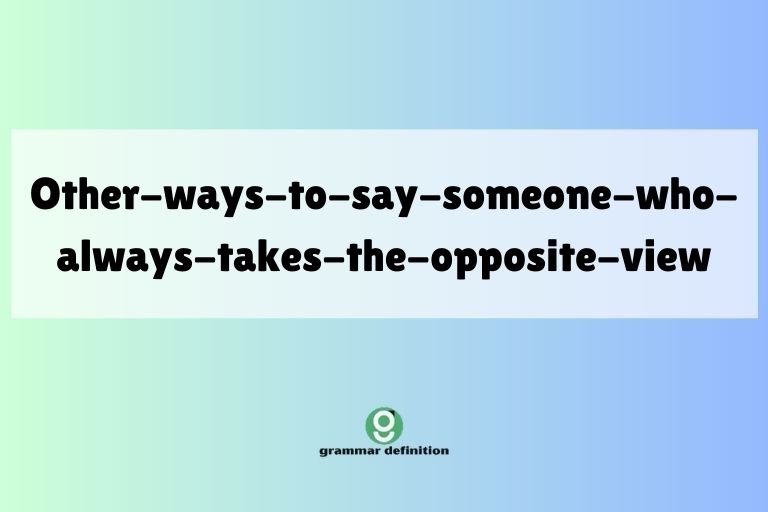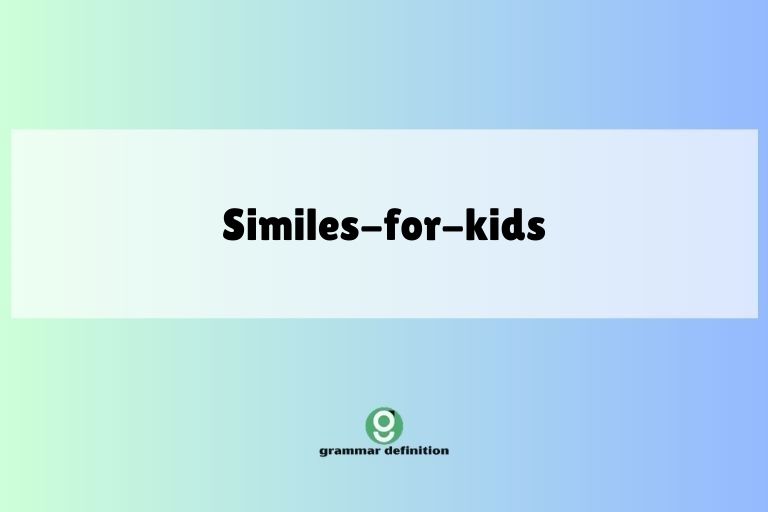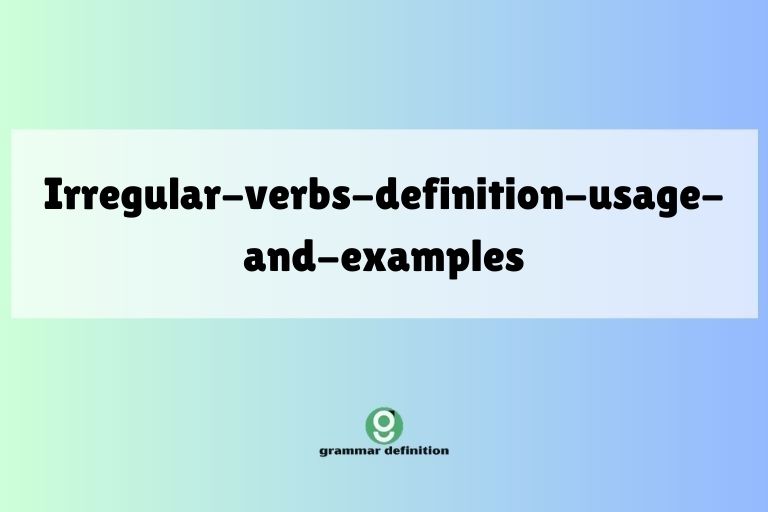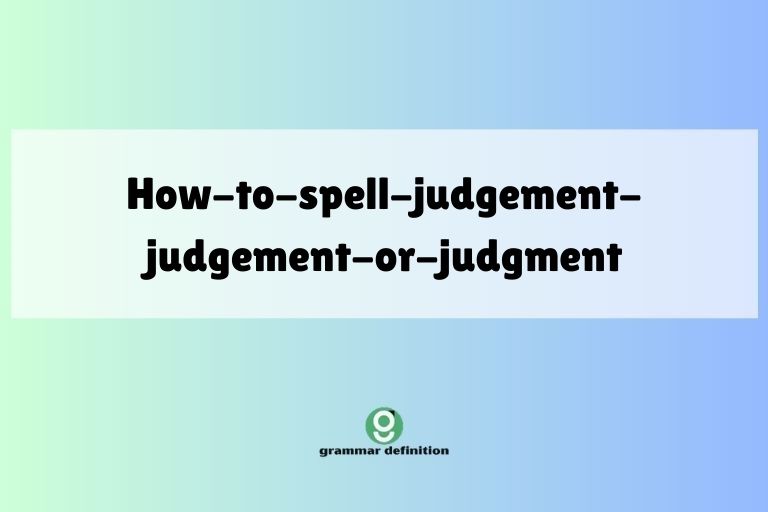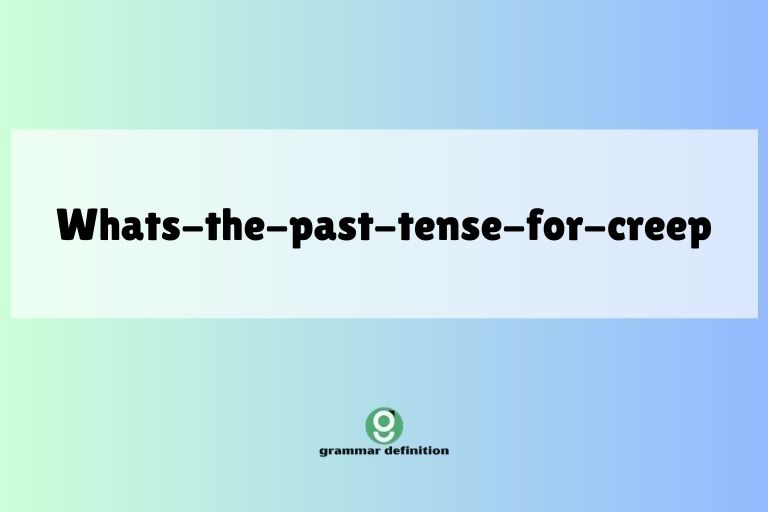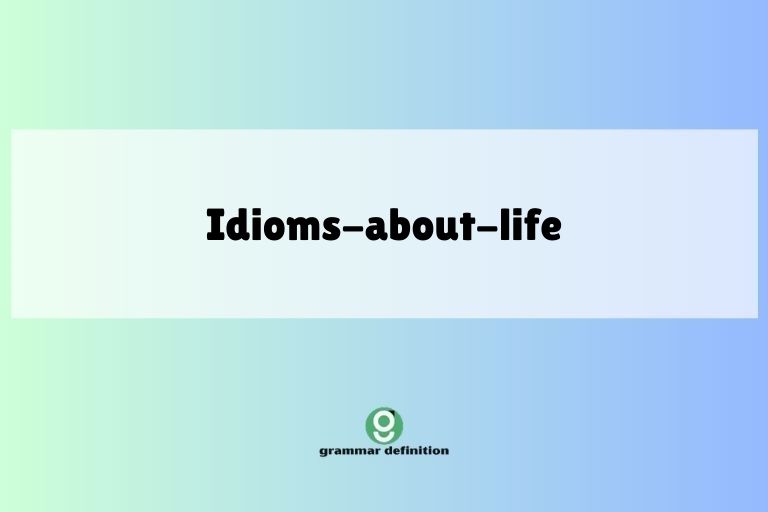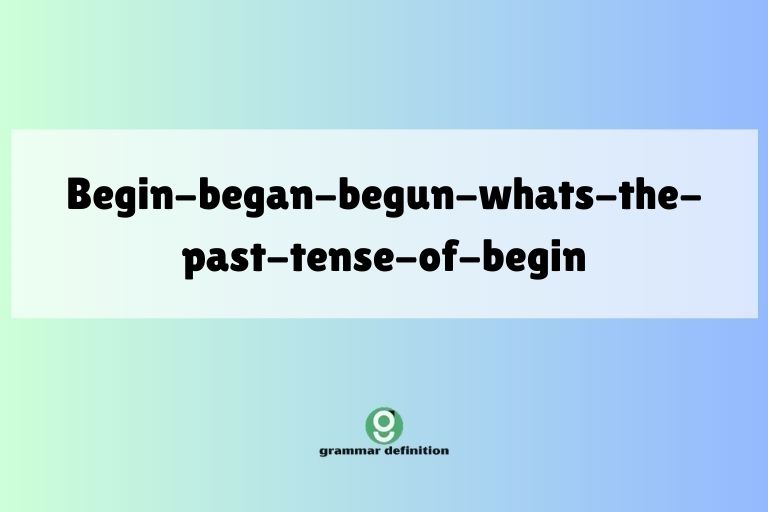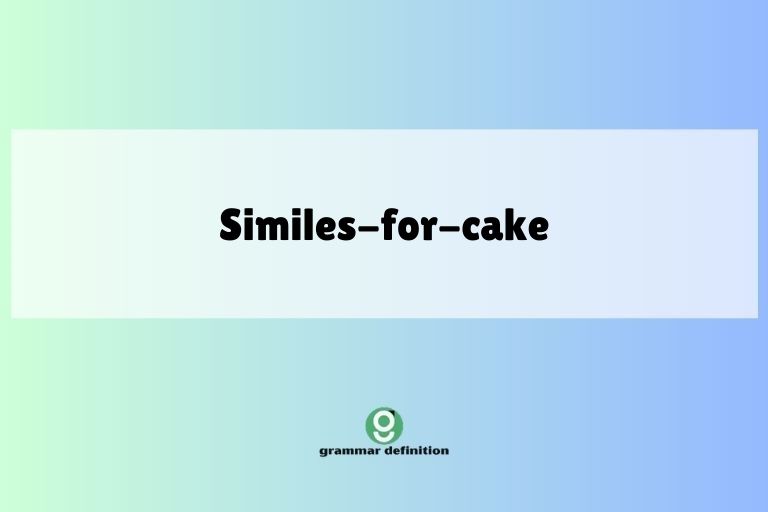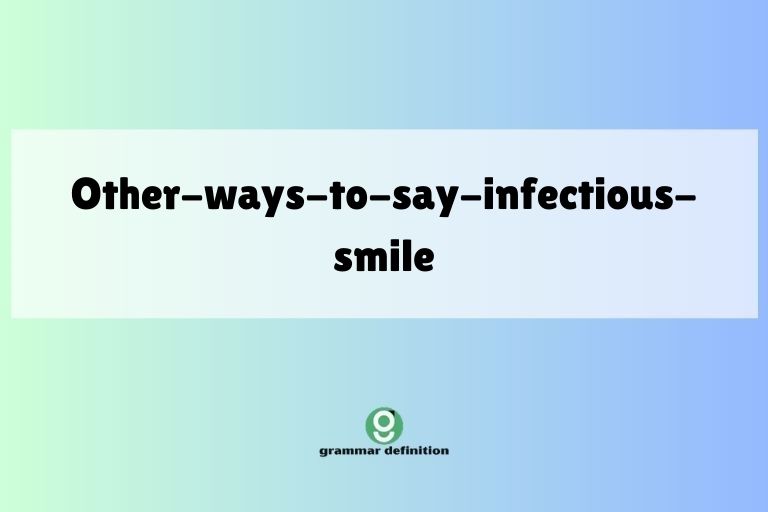Alternative Ways to Describe a Contrarian
Understanding how to describe someone who consistently takes an opposing viewpoint is crucial for effective communication. This skill is invaluable in both professional and personal settings, allowing for more nuanced and accurate characterizations. Mastering the vocabulary related to contrarianism enhances your ability to express opinions, analyze arguments, and engage in constructive dialogue. This article is … Read more

